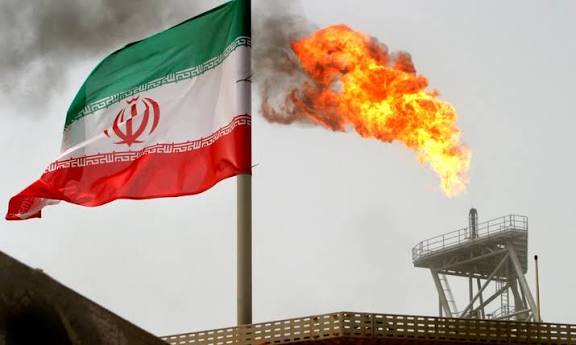Elon Musk has initiated an appeal to reinstate his $56 billion compensation package from Tesla, asserting that the lower court’s decision to rescind it involved multiple legal errors.
Musk argues that Tesla’s tremendous growth under his leadership justifies the 2018 pay package, which shareholders approved twice. He claims the Delaware Court of Chancery wrongly applied the “entire fairness” standard and misjudged the board’s independence.
“That counterintuitive result defies settled principles of Delaware law, sound corporate governance, and common sense,” said the opening appeal brief by Musk and the current and former Tesla directors who are defendants in the case.
In January 2024, Chancellor Kathaleen McCormick voided Musk’s pay package, calling it “unfathomable.”
She ruled it was unfair to Tesla shareholders, citing that board members were influenced by Musk and that Tesla withheld critical information from investors before they voted on it.
In June, Tesla shareholders approved the pay package again, but the judge refused to reverse her ruling, maintaining that the initial decision stood.
Musk’s pay package granted him options to buy about 303 million Tesla shares at $23 each, contingent on the company meeting performance and valuation targets.
On Tuesday, Tesla stock closed at $230.58.
Musk has indicated he wants a larger stake in Tesla or may develop products independently.
His appeal coincides with his involvement in Donald Trump’s government efficiency initiative, DOGE, which has triggered protests outside Tesla dealerships.
In their appeal brief, Musk and the other defendants argued that Chancellor McCormick improperly applied the strict “entire fairness” standard to evaluate the pay package.
The brief argues that McCormick wrongly applied the “entire fairness” standard by concluding that Musk, who owned 21.9% of Tesla at the time, controlled the pay negotiations.
It also claims she incorrectly viewed standard business relationships among directors as conflicts and improperly criticized Tesla’s disclosures before the 2018 shareholder vote.
The lawsuit was filed in 2018 by Tesla investor Richard Tornetta, who owned just nine shares at the time.
It is a derivative suit, meaning any benefits from the case go to Tesla, not Tornetta personally.










